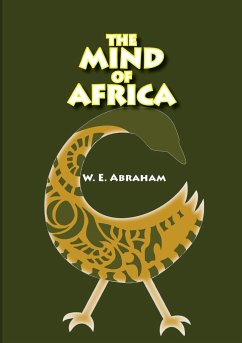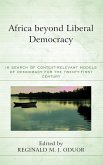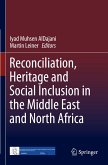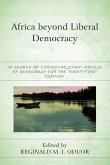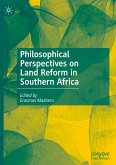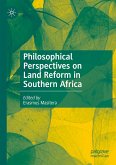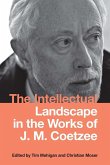William Abraham studied Philosophy at the University of Ghana, and even more Philosophy at Oxford University. Thereafter, he gained permission to take part in the competitive examination and interview for a fellowship at All Souls' College. The examination was once described, with some exaggeration, as "the hardest exam in the world!" It included a three-hour essay. Following his success in becoming the first African fellow of All Souls, his interest in African politics quickly developed into a Pan-African perspective. The Mind of Africa, written while he was still at All Souls, was a fruit of that enlarged perspective. After several years as a Fellow, he had occasion to visit Ghana in 1962. There Kwame Nkrumah, then President of Ghana, successfully persuaded him to return to Ghana to teach at the University of Ghana, Legon and he subsequently resigned from All Souls. In 1968, he went to the United States as a visiting professor. This was followed by invitations to teach at various academic institutions there, including Berkeley and Stanford. He subsequently settled in California, where he continued to teach and research philosophy in the University of California at Santa Cruz until his retirement. ...The Mind of Africa appeared at a time when a number of African countries were obtaining, or fighting for, their political freedom from their colonial rulers and becoming independent nations and expecting to build new societies in accordance with their own visions and conceptions, though not necessarily jettisoning all the features of their colonial heritage. Building new societies requires appropriate ideologies and philosophies fashioned within the crucible of their cultural and historical experiences. Thus, the relation between ideology and society is taken up at the very outset of the book... The Mind of Africa is important for Africa's future and identity.
Hinweis: Dieser Artikel kann nur an eine deutsche Lieferadresse ausgeliefert werden.
Hinweis: Dieser Artikel kann nur an eine deutsche Lieferadresse ausgeliefert werden.

